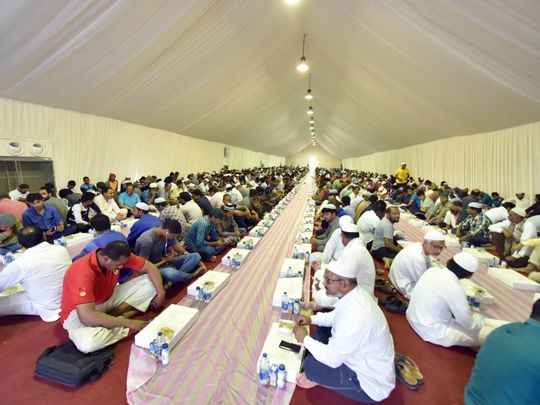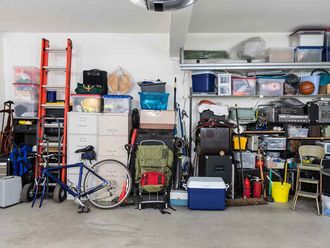
Ramadan is the month of change. Fasting and prayers in this holy month involves not just refraining from food, liquid and bad behaviour, but also paying attention to the real meanings and values of living.
There is no doubt that sustainability and environmental conservation are part of our duties especially in Ramadan. Allah says: “And do not corrupt on earth after its reformation” (Surah Al A’raf 56:7). On the contrary, humans are requested to improve the quality of life where possible.
Needless to add it is an integral part of the religious practice, especially in the month of Ramadan, to care about environment and protect the earth’s precious natural resources. Otherwise, what is the point of a physical act of fasting if our actions remain unchanged towards humans and nature? Therefore values of environmental consciousness and stewardship become particularly relevant during this month.
Fasting from the Islamic point of view means that Muslims must “avoid all that can end the fast from sunrise to sunset”. So, it is natural that fasting also means refraining from actions that lead to the pollution and spoilage of the environment, depletion of resources and wasteful consumption patterns.
A person who is fasting must act to conserve the environment, reduce pollution, greenhouse gas emissions, plastic pollution and so on. By environmental conservation, we can help assist the recovery of an ecosystem that has been degraded, damaged, or destroyed. This will go a long way in restoring the environment and its resources. It won’t be an exagerration to say that fasting provides an opportunity to not only purify the body and soul but also the ecosystem.
Ecological balance
In general, a Muslim should act against imbalances, injustice and corruption that disturb life and ecological balance. We should also strive to achieve an ideal and balanced way of life, far from being an extravagant during this time.
A Muslim should live lightly on earth, while protecting the environment and natural assets. In Ramadan, decreasing calories as well as carbon and water footprints will be an excellent opportunity to show concern towards environmental conservation. Therefore a Muslim can be an ambassador for environmental sustainability.
In fact, the month of Ramadan is an examination of human choices and the superiority of the public interest over the ego. For instance, the amount of food waste produced in Ramadan is much higher than in other months. It is a great waste of natural resources. A person must reflect on how to conserve these resources for current and future generations because, earth is in the custody of man.
Damaged by human development
Again and again Allah asks us in the holy Quran: “Now, behold! Your Lord said to the angels: I am placing upon the earth a human successor to steward it” (Surah Al Baqarah 2:30). Man must care for it and refrain from causing any mischief or spoilage for the simple reason that he is its main beneficiary. If he causes harm to one or more of the environment’s components, he will be the one who suffers.
Despite this messaging, it is sad that almost every ecosystem on earth has been altered or damaged by human development activities. The good news is, it is already scientifically proven that minimising harm to the environment, in majority of cases, helps repair damaged resources, reverses negative trends and restores an ecosystem before it can become sustainable.
Intentional activity by humans initiated to accelerate the recovery of an ecosystem (such as marine, vegetation, air etc) to its original intended state can help us improve our environment, manage our natural resources in a sustainable way.
In conclusion it would be safe to note that fasting is the purification of the body. This has been proven by modern science since fasting helps in the detoxification of the human system, and works to increase fat burning, reduce blood sugar levels. So, let our fasting also be a means to purify the environment. We can achieve this by showing environment-friendly behaviour and sustainable consumption patterns that do not pollute and deplete natural resources.
Surely the world will be much better and healthier place for us and for the generations after us.
Dr Mohamed Abdel Raouf is an independent environment researcher.










